
Researchers at Lund University in Sweden are developing a treatment that makes aggressive breast cancer less dangerous.
In 10 to 15 percent of breast cancer cases, the usual hormone therapy treatment like tamoxifen is ineffective and has no effect on the tumors. The only option for these patients is toxic chemotherapy.
But now, a new study shows that aggressive tumors can be transformed into a lot nicer kind by affecting how the cancer cells communicate with the connective tissue in the breasts. The study by cancer researchers at Lund University also explains why cancer cells communicate with connective tissue.
Research in recent decades has revealed that cancer cells are unable to grow without support from surrounding tissues. What happens is that the tumor cells send out signal molecules received by the connective tissue cells.
Detailed analysis of around 1,400 breast cancers showed that women with high levels of the signaling molecule, PDGF-CC, in their tumors had a poor prognosis.
The connective tissue cells then respond with an entire cocktail of proteins that recommunicate to the cancer cells, making them become more aggressive, growing faster and becoming resistant to hormone treatment.
Hormone therapy normally slows or stops the growth of hormone-sensitive tumors by blocking the body’s ability to produce hormones or by interfering with effects of hormones on breast cancer cells.
But now, the Swedish research team have been able to influence the tumor aggressiveness by using a drug that stops the cell’s from communicating. When they block the communication between the cancerous cells and the surrounding connective tissue, the aggressiveness of the tumors is reduced, and they become sensitive to hormone therapy again.
The research shows that communication between breast cancer cells and connective tissue via PDGF-CC can “switch off” hormone sensitivity.
“We have developed a new treatment strategy for aggressive and difficult-to-treat breast cancers that restores sensitivity to hormone therapy.”
“These findings have major implications in the development of more effective treatments for patients with aggressive breast cancer.”
– Lead scientist, Professor Kristian Pietras from Lund University.
Researchers believe this technique, trialed on mice, could potentially improve clinical outcomes for those patients whose breast cancer resists frontline therapies. The promising lab results justified evaluating the new treatment approach in clinical trials.
Reference:
Pernilla Roswall et al. Microenvironmental control of breast cancer subtype elicited through paracrine platelet-derived growth factor CC signal. Nature Medicine March 12, 2018. DOI: 10.1038 / nm.4494

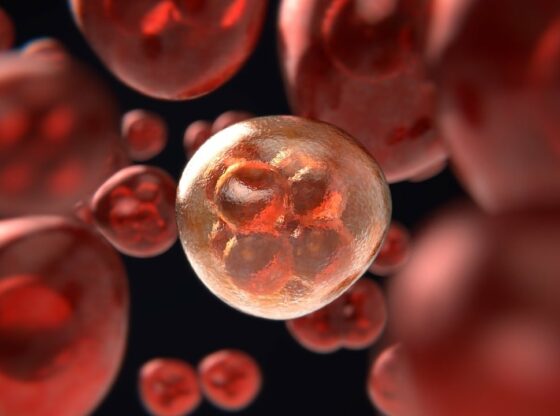

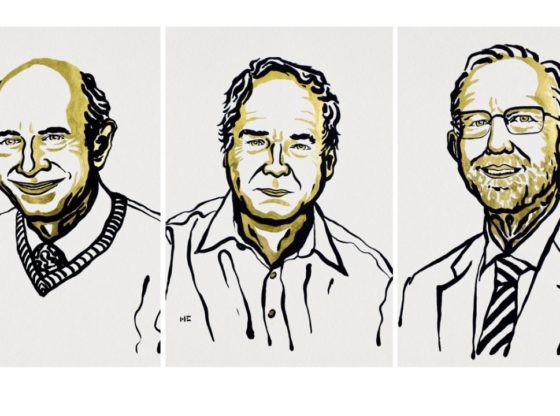
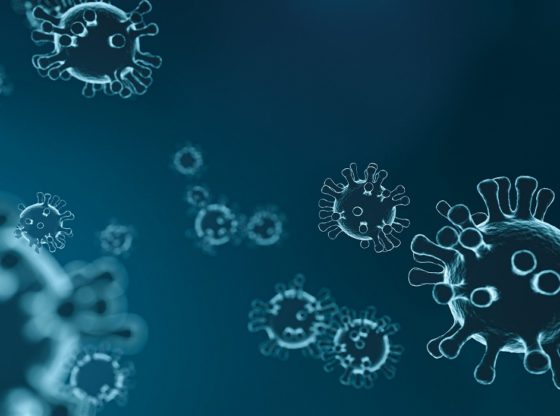
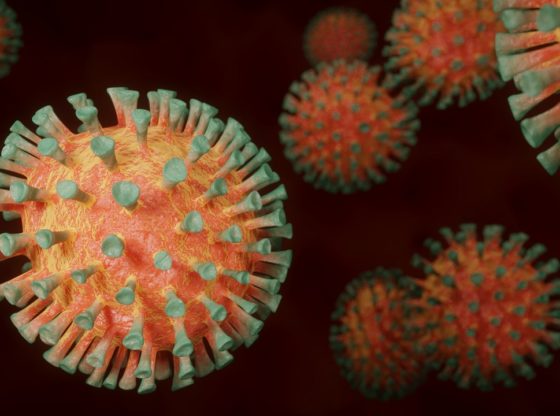
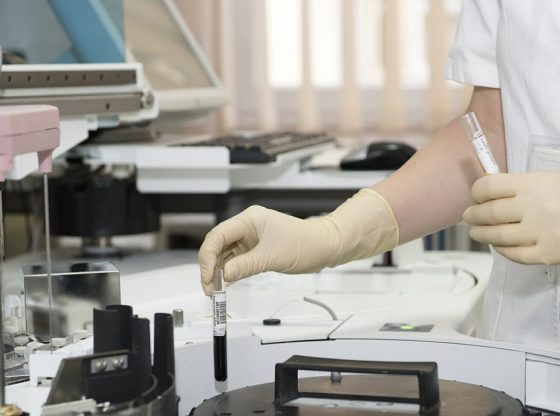
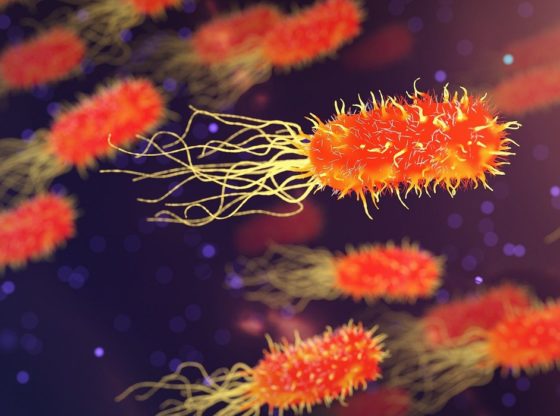
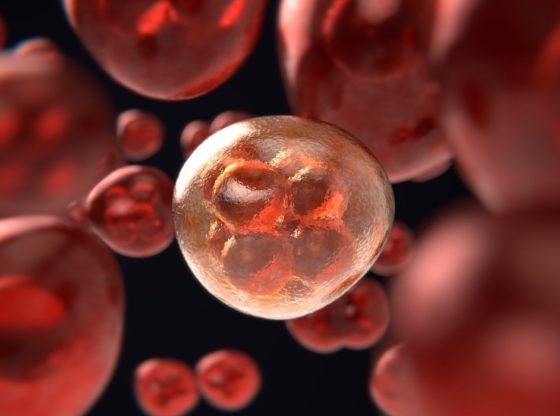


![OpenAI. (2025). ChatGPT [Large language model]. https://chatgpt.com](https://www.illustratedcuriosity.com/files/media/55136/b1b0b614-5b72-486c-901d-ff244549d67a-350x260.webp)
![OpenAI. (2025). ChatGPT [Large language model]. https://chatgpt.com](https://www.illustratedcuriosity.com/files/media/55124/79bc18fa-f616-4951-856f-cc724ad5d497-350x260.webp)
![OpenAI. (2025). ChatGPT [Large language model]. https://chatgpt.com](https://www.illustratedcuriosity.com/files/media/55099/2638a982-b4de-4913-8a1c-1479df352bf3-350x260.webp)








